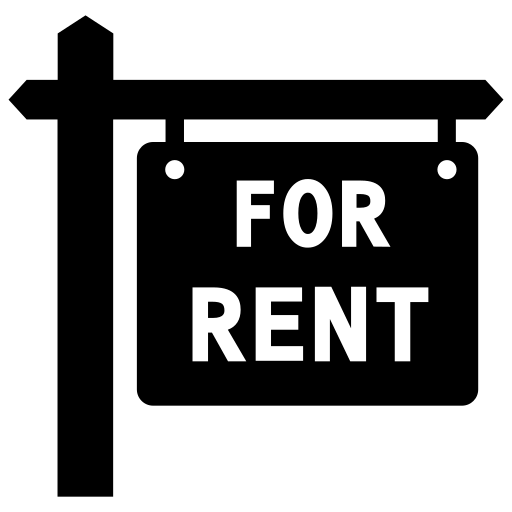Iron Insights
Is Renting or Buying a Skid Steer Better for Your Business?
When it comes to acquiring a skid steer for your business, one of the biggest decisions you'll face is whether to rent or buy. Both options have their advantages and drawbacks, and the right choice depends on several factors, including your budget, usage frequency, and long-term business goals. Let’s break down the key considerations to help you make the best decision.
|
The Case for Buying a Skid Steer Advantages: ✅ Long-Term Cost Savings – If you use a skid steer frequently, buying can be more cost-effective in the long run compared to continuously renting. ✅ Asset Ownership – When you buy a skid steer, it becomes a business asset that can be used as collateral for loans or resold when upgrading. ✅ Customization & Availability – Owners can modify or equip their machines with attachments tailored to their specific job needs. ✅ No Rental Restrictions – There’s no need to worry about daily, weekly, or monthly rental fees, and you can use the equipment whenever needed. Disadvantages: ❌ Higher Upfront Cost – Purchasing a skid steer requires a significant upfront investment, which may strain cash flow for small businesses. ❌ Maintenance & Repairs – As an owner, you are responsible for all maintenance and repair costs, which can add up over time. ❌ Depreciation – Like all equipment, a skid steer loses value over time, which can impact your company’s financials.
|
 |
|
The Case for Renting a Skid Steer Advantages: ✅ Lower Initial Cost – Renting requires minimal upfront investment, allowing businesses to allocate funds elsewhere. ✅ No Maintenance Worries – Rental companies handle maintenance and repairs, saving you time and money. ✅ Flexibility – If you only need a skid steer for seasonal work or occasional projects, renting eliminates the burden of ownership. ✅ Access to Newer Models – Rental companies frequently update their fleets, so you’ll often have access to the latest equipment with advanced features. Disadvantages: ❌ Higher Long-Term Costs – If you rent frequently, the cumulative rental fees can exceed the cost of ownership over time. ❌ Limited Availability – In peak seasons, rental equipment may be in high demand, making it difficult to secure the machine you need. ❌ Usage Restrictions – Many rental agreements have hour limitations, which could be a challenge if you need to use the skid steer extensively. |
 |
Key Factors to Consider
To determine whether renting or buying is best for your business, consider these key questions:
🔹 How often will you use the skid steer? If you need it regularly, buying may be the more cost-effective choice.
🔹 What’s your budget? If cash flow is tight, renting allows you to use a skid steer without a large upfront investment.
🔹 Do you want to handle maintenance? Ownership means taking responsibility for repairs and servicing, while renting shifts that burden to the rental company.
🔹 Will your needs change over time? If your projects vary, renting offers flexibility to switch models and sizes as needed.
Final Verdict
• Buy a skid steer if you use it frequently, want long-term cost savings, and are prepared for maintenance responsibilities.
• Rent a skid steer if you need it occasionally, want access to the latest models, or prefer to avoid ownership costs and repairs.
Ultimately, the decision depends on your business model, workload, and financial strategy. Carefully evaluate your needs to make the choice that will maximize efficiency and profitability for your company.
Looking for a skid steer to buy or rent? Check out the latest listings on HeavyEquipment.com and find the perfect machine for your business today!
